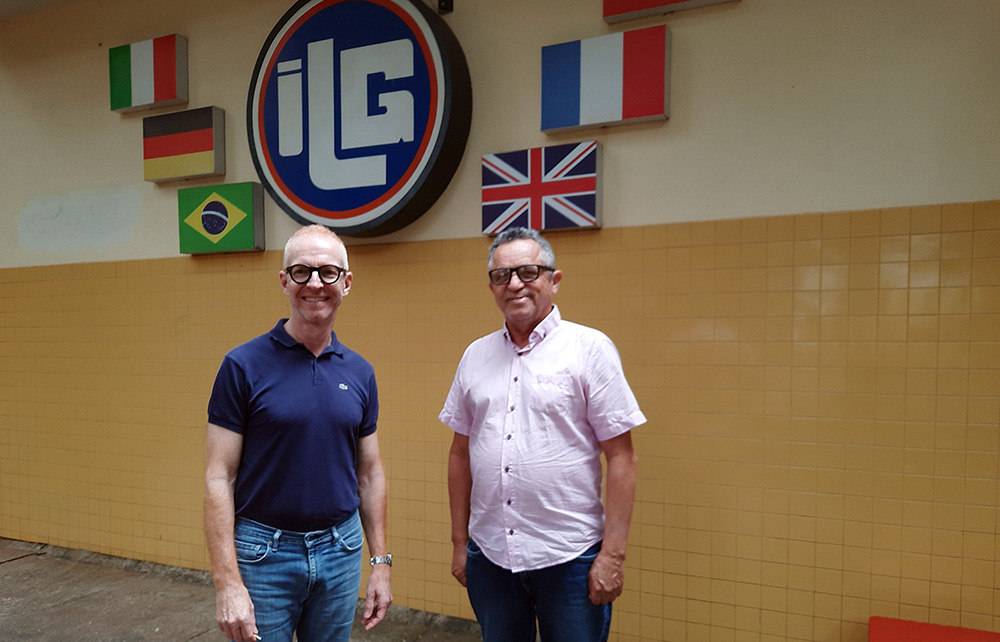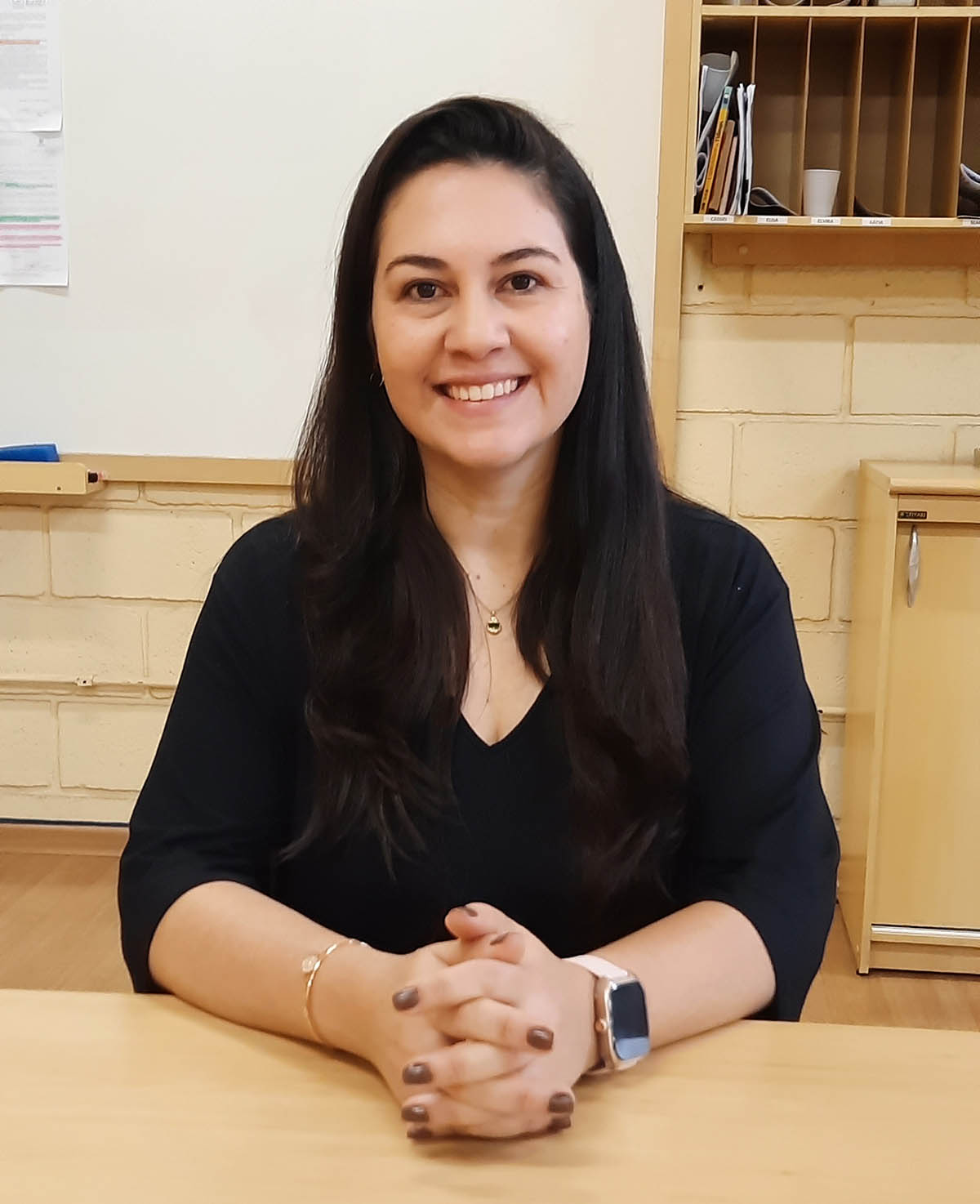The accreditation is a demand from the municipality, the external community, and migrants residing in Maringá
Yesterday (10th), at the Language Institute (ILG), the training of UEM's team was concluded so that the university may become a Testing Center for the Certificate of Proficiency in Portuguese for Foreigners (CELPE-Bras).
The accreditation of UEM as a CELPE-Bras testing center is a demand from the municipality, the external community, and migrants residing in Maringá, who require this certificate to enter higher education, qualify for the job market, and apply for naturalization in the country. The proposal was approved by the National Institute for Educational Studies and Research Anísio Teixeira (Inep), and the accreditation is taking place so that, starting next year, UEM can be a testing center for this proficiency exam.
For the Coordinator of the International Cooperation Office (ECI), Renato Leão Rego, "the administration of this exam consolidates the work of teaching Portuguese as a foreign language developed by UEM, through the Office of Teaching Affairs (PEN), the Student Integration Program (Prointe) and ECI through virtual and face-to-face classes".

Inep researcher, David Simões, explains that "testing centers are collaborators of Inep in administering this exam. In this case, to become a testing center, there is a whole process of documentary evaluation, as well as training of the future testing center's personnel. It is a final activity in the accreditation process. In addition to the training, we also carry out an inspection of media rooms and equipment, which are necessary for administering the CELPE-Bras exam.”

According to the professor at the Federal University of Rio Grande do Sul (UFRGS) and exam evaluator, Letícia Grubert, "the objective of this course is to provide training for the examiners of the oral part of the exam, mandatory to effectively accredit the institution. The oral part of this exam is conducted at the accredited center, so it will be carried out here at UEM. Therefore, the idea for this training is to provide examples of how this oral interaction with these foreign students would take place".
The training involves a team from ECI, ILG teachers, as well as professors and doctoral students from the Department of Modern Languages (DLM).
Translated by: Aline Yuri Kiminami.
Proofread by: Gustavo Tudisco Favaretto

